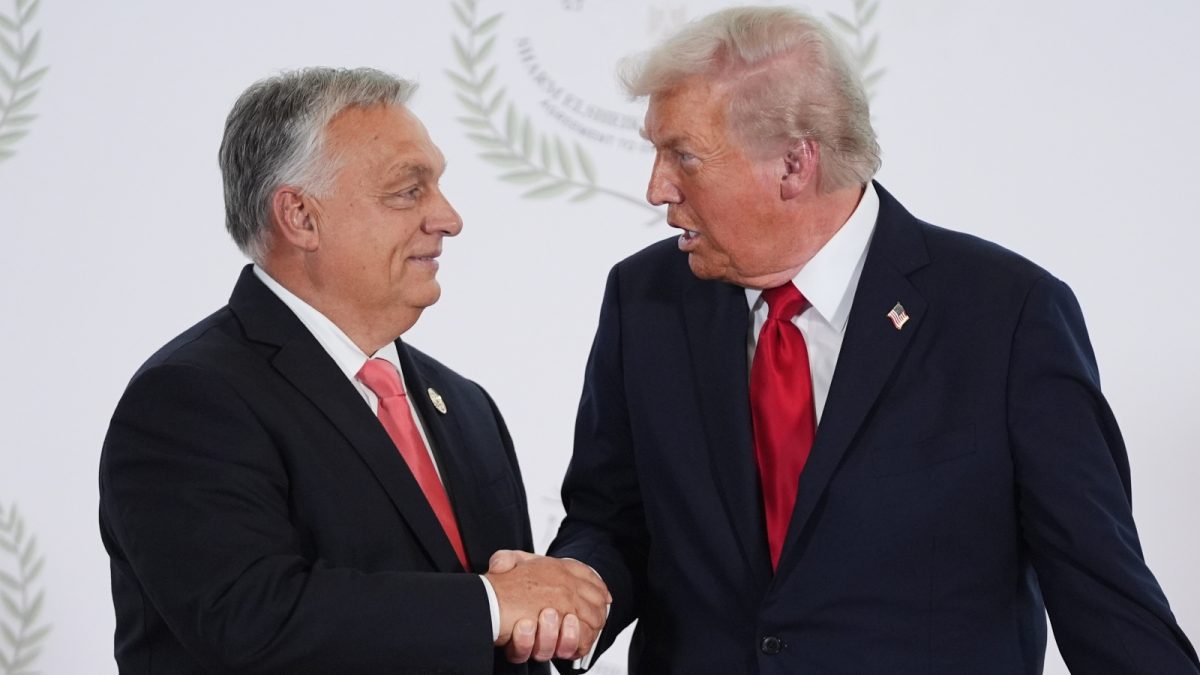The International Crimes Tribunal of Bangladesh has evolved through three distinct phases over the past 55 years. In the first phase, it was conceived under Sheikh Mujibur Rahman when Bangladesh sought to deliver justice for the genocide of 1971. In the second phase, his daughter, Sheikh Hasina, won the 2008 election, promising to use the tribunal to punish the collaborators of 1971. In the third phase, the same tribunal is now being used to deliver justice for those who lost their lives or were left injured during the crackdown by Ms. Hasina’s government in July-August 2024.
With the fall of Ms. Hasina, it became evident that the ICT would also undergo changes to suit the demands of the anti-Hasina forces now in power in Dhaka. Though described as necessary by the interim government, these changes exposed the tribunal to allegations of political bias. In October 2024, the interim government brought in Golam Mortuza Mazumdar, a retired judge, to the International Crimes Tribunal.

Over the past year, the leading figure in the ICT has been Mohammad Tajul Islam, a firebrand lawyer who has handled several high profile cases.
The tribunal has been divided into two wings: Tribunal 1, led by Justice Golam Mortuza Mozumdar, and Tribunal 2, headed by Nazrul Islam Chowdhury, who took charge in May 2025. Tribunal 1 is considering the cases against Ms. Hasina, while Tribunal 2 is examining cases against Ms. Hasina’s colleagues accused of complicity in the violence.
The upcoming verdict of the ICT is not without its sense of irony. Though initiated in 1973, the tribunal could not operate under Sheikh Mujibur Rahman as Mujib started normalising ties with Pakistan in 1974 after attending the Lahore Islamic Summit, where he met with Prime Minister Zulfikar Ali Bhutto. This meeting mellowed calls for justice in the newly liberated Bangladesh. The ICT lost some of its urgency during the years under Ziaur Rahman, Abdus Sattar and General Ershad.

The issue of justice resurfaced during the 2007-2008 interim government, when Ms. Hasina campaigned to deliver justice to the survivors of the 1971 violence and revived the ICT Act of 1973. The tribunal later sentenced several Jamaat leaders to death. The senior-most leader of Bangladesh Jamaat-e-Islami, Gholam Azam, was also convicted.
The tribunal’s anti-Hasina edge is sharpened by the fact that Chief Prosecutor Tajul Islam was the defendant for both Gholam Azam as well as other Jamaat leaders between 2013 and 2016, when majority of the capital punishments were handed out.
Dilemma remains
As the ICT prepares to deliver its verdict on November 17, its dilemma remains the same as 1973 and 2013-2016. The ICT was conceived to deliver justice in a national legal framework for crimes defined as heinous under international law. The international angle was necessitated as the masterminds of the 1971 genocide was outside Bangladesh — in Pakistan. Similarly, during 2013-2016, the ICT punished Jamaat leaders within Bangladesh while leaving the cases involving Pakistani nationals unaddressed. In 2025, most of the main accused, including Ms. Hasina, are outside the country, though some of the accused in cases of disappearance of political dissidents and human rights activists are in custody and are likely to be tried under Tribunal 2.

While the ICT has framed the crimes committed during the last weeks of Ms. Hasina’s rule under international law, it is, however, not likely to be regarded as a purely domestic exercise within Bangladesh. Official sources in India have already indicated that they consider the ICT a domestic legal mechanism and not as an international platform. They also point out that the tribunal is not giving equal hearing opportunities to the key accused.
In recent written interviews, Ms. Hasina described the ICT as “politically motivated”. The interim government, however, has denied these allegations, insisting that the justice for victims of July-August 2024 violence is a separate matter.

 2 hours ago
5
2 hours ago
5








 English (US) ·
English (US) ·